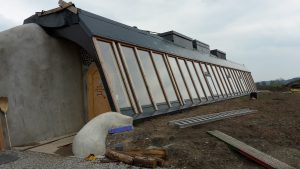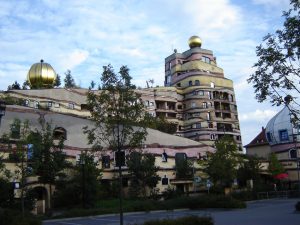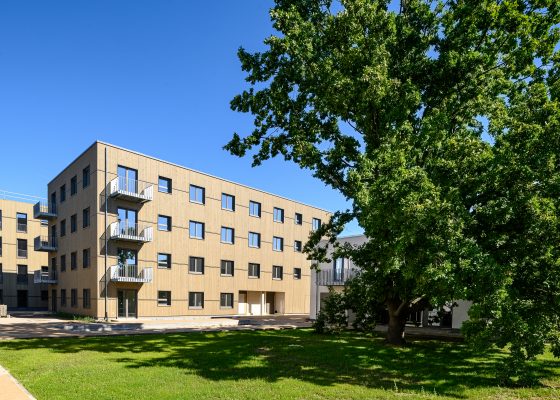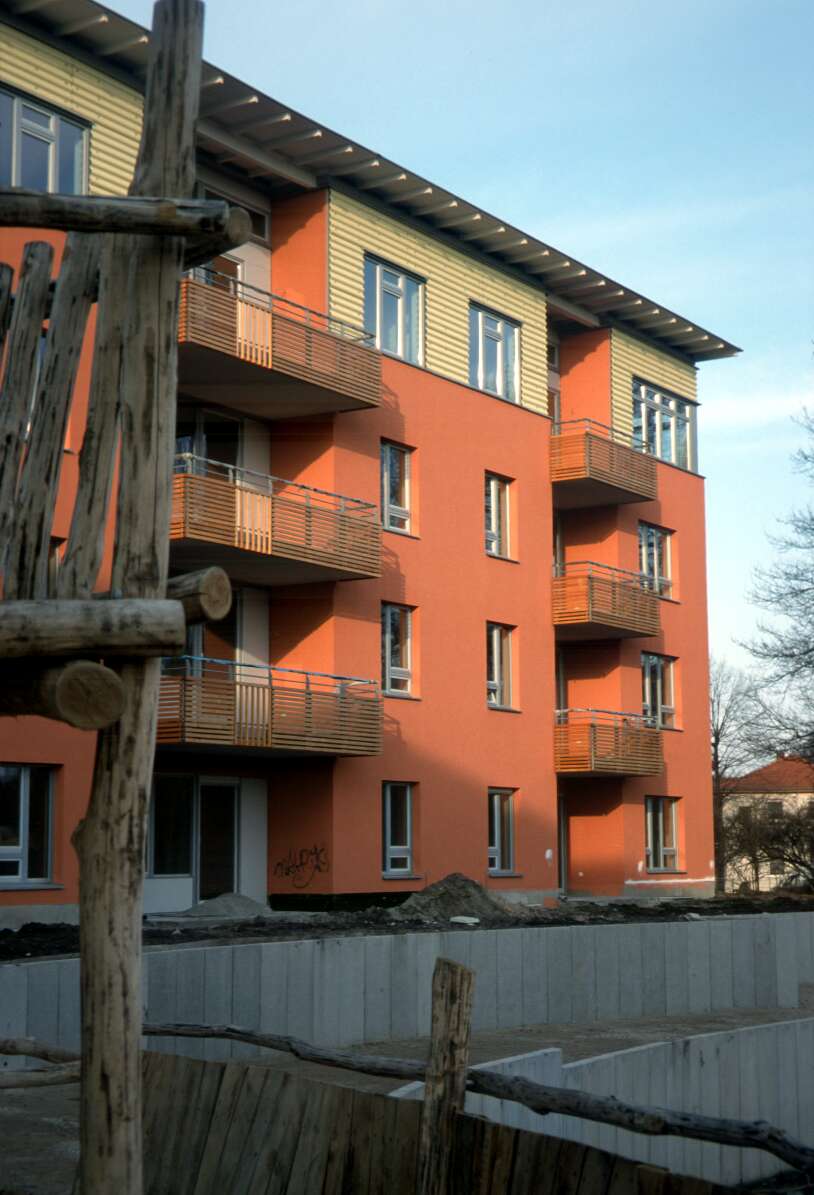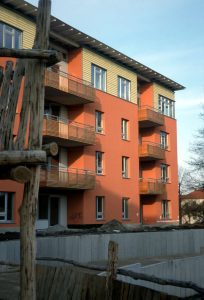
![]() D - 74594 Kreßberg: "Schloss Tempelhof" is a grassroots community that has existed in northern Baden-Württemberg since 2010. Almost 150 residents live on the 30-hectare village site. The ecovillage community is expected to grow to 300 residents. The community practices solidarity agriculture according to permaculture principles. There are jobs in a market garden, animal husbandry, cheese dairy, beekeeping, bakery and in the kitchen. Others have been created in the seminar business, the building sector, the administration and in the Free Montessori School.
D - 74594 Kreßberg: "Schloss Tempelhof" is a grassroots community that has existed in northern Baden-Württemberg since 2010. Almost 150 residents live on the 30-hectare village site. The ecovillage community is expected to grow to 300 residents. The community practices solidarity agriculture according to permaculture principles. There are jobs in a market garden, animal husbandry, cheese dairy, beekeeping, bakery and in the kitchen. Others have been created in the seminar business, the building sector, the administration and in the Free Montessori School.
| Building materials / Building Biology |
Use of natural and recycled building materials |
| Free space | Orchard and horticulture according to permaculture principles, near-natural open space design |
| Economics | The cultivation of the land serves the self-sufficiency with organic food. In 2015, 20 people worked in the gardening, farming, animal husbandry, dairy, beekeeping, bakery, kitchen, and thus realize a solidarity-based agriculture. Further jobs were created in the seminar business, the building sector, the administration and in the free school. There is no private ownership of the land, the non-profit organisation grund-stiftung at Tempelhof Palace acquired the property and transferred it to the company by way of a 99-year leasehold agreement. Tempelhof Palace Cooperative awarded. |
| Socio-cultural aspects | subsistence farming, own Montessori school, many community activities |
| Stakeholders | Charitable foundation at Tempelhof Palace Tempelhof Palace Cooperative |
| Publications |
Kunze, Iris (2015): Transformative Social Innovation Narrative of the Ecovillage of Schloss Tempelhof.TRANSIT: EU SSH.2013.3.2-1 Grant agreement no: 613169 Schloss Tempelhof – Teil 1 und Teil 2: Interview mit der Bewohnerin Marie-Luise Stiefel von Katja Bürmann. Artikel in ”Wohnung + Gesundheit” Nr. 144/2012 IBN – Institut für Baubiologie + Ökologie, D-83115 Neubeuern Süddeutsche Zeitung Magazine: The invented place 2012 (loaded in Dec 2017)
|
| External links | www.schloss-tempelhof.de |
Last updated: 21 December 2023
Similar projects on sdg21:
All planning agency project(s): ; City region: ; Country: Germany; Characteristics: 01 - 02 Floors, 03 - 4 floors, Village, Earth Mound House, Cooperative, Rental apartments, Housing project, Ecovillage, Eco-settlement; typology: Settlement; Thematic: Own contribution, Common areas, Sustainable management, Permaculture

